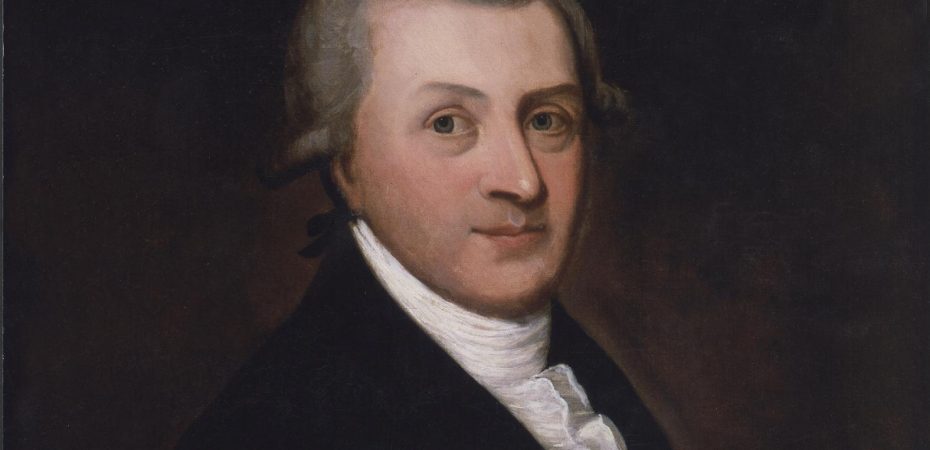Few people can lay claim to being more universally wellknown than Arthur Guinness.
His name isn’t just known worldwide for a particular product in the way that Johnnie Walker or Arthur Bell is: it’s become the generic moniker for an entire beer style.
A dynasty has been built around his legacy and if you scan the internet you’ll find a number of romantic stories about how he defied acceptable logic and bravely flew in the face of fashion to first produce ale, then porter, and to finally successfully take on the English and beat them at their own game.
As with all such stories, however, the truth is a little bit more complicated, and Arthur Guinness emerges as a complicated and contrary fellow. Any view of him as an Irish hero is misleading, too. Politically he supported English rule over Ireland throughout his life.
He was born at Celbridge in County Kildare, the son of a protestant land steward, who worked for the Archbishop of Cashel, Arthur Price.
When Price died he left Arthur and his father £100 each, and it’s possible that the sum prompted the 31-year-old man to learn about brewing and to lease a brewery at Leixlip, County Dublin in 1756.
Brewing Irish ale at the brewery, Arthur presided over a flourishing business and in 1759 he had the funds to purchase a brewery at St James’s Gate in Dublin. It was a mess. The property was run down and had been on the market for 10 years.
It was in an area already populated with breweries, of which there were about 70 at the time.
The move to buy an average brewery surprised many, but not as much as the fact that he signed a lease for the property for 9,000 years at a price of £45 a year. But it did come with spacious accommodation and Guinness was formulating a plan.
At the time beer was a relatively small product in Ireland, with poteen and whiskey the favoured drinks.
Import regulations favoured British beers over domestic ones, and many of the local beers were of a poor quality.
Guinness continued to brew ales but he also took the decision to compete with London beer head on and started experimenting with a style of beer known as porter, the dark style of beer made with roasted barley and favoured by the porters working in the markets of Covent Garden and Billingsgate.
The Guinness porters grew in popularity and eventually a choice had to be made between more traditional Dublin beer and the new style. By the end of the century Guinness had ceased making other styles altogether.
This Article is from Beers of the World Issue 2, and the rest can be found here.

